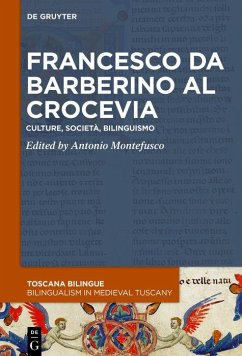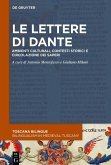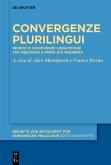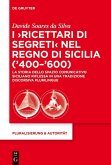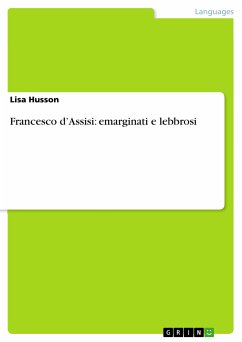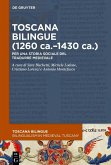Francesco da Barberino, a contemporary of Dante (1264-1348), was a Florentine notary. Remembered for the first testimony of the circulation of the
Commedia, he is also known for an ample and composite literary production, both in Latin and the vernacular. Francesco spent part of his life as notary at the service of the bishops of Florence, so that his works reveal a remarkable culture, influenced by his juridical training and notarial career. In particular, his allegorical and didactical poem, called
Documenta Amoris, represents an interesting case of a complex interplay of texts and pictorial illustrations. In fact, the work includes a vernacular poem alongside a translation and a commentary both in Latin, and it is also accompanied by a series of illuminations: all the texts and the whole paratextual structure derive directly from the author himself, as witnessed by two Vatican MSS (Barb. 4076 and 4077). Composed at the same time, the
Documenta Amoris are a sort of orthodox
contrappunto of the
Commedia, in which Dante's linguistic experimentation is substituted by Francesco's rigid bilingualism. This book provides one of the first interpretations of this fundamental figure of 14th-century Florentine culture.
Dieser Download kann aus rechtlichen Gründen nur mit Rechnungsadresse in A, B, BG, CY, CZ, D, DK, EW, E, FIN, F, GR, HR, H, IRL, I, LT, L, LR, M, NL, PL, P, R, S, SLO, SK ausgeliefert werden.

